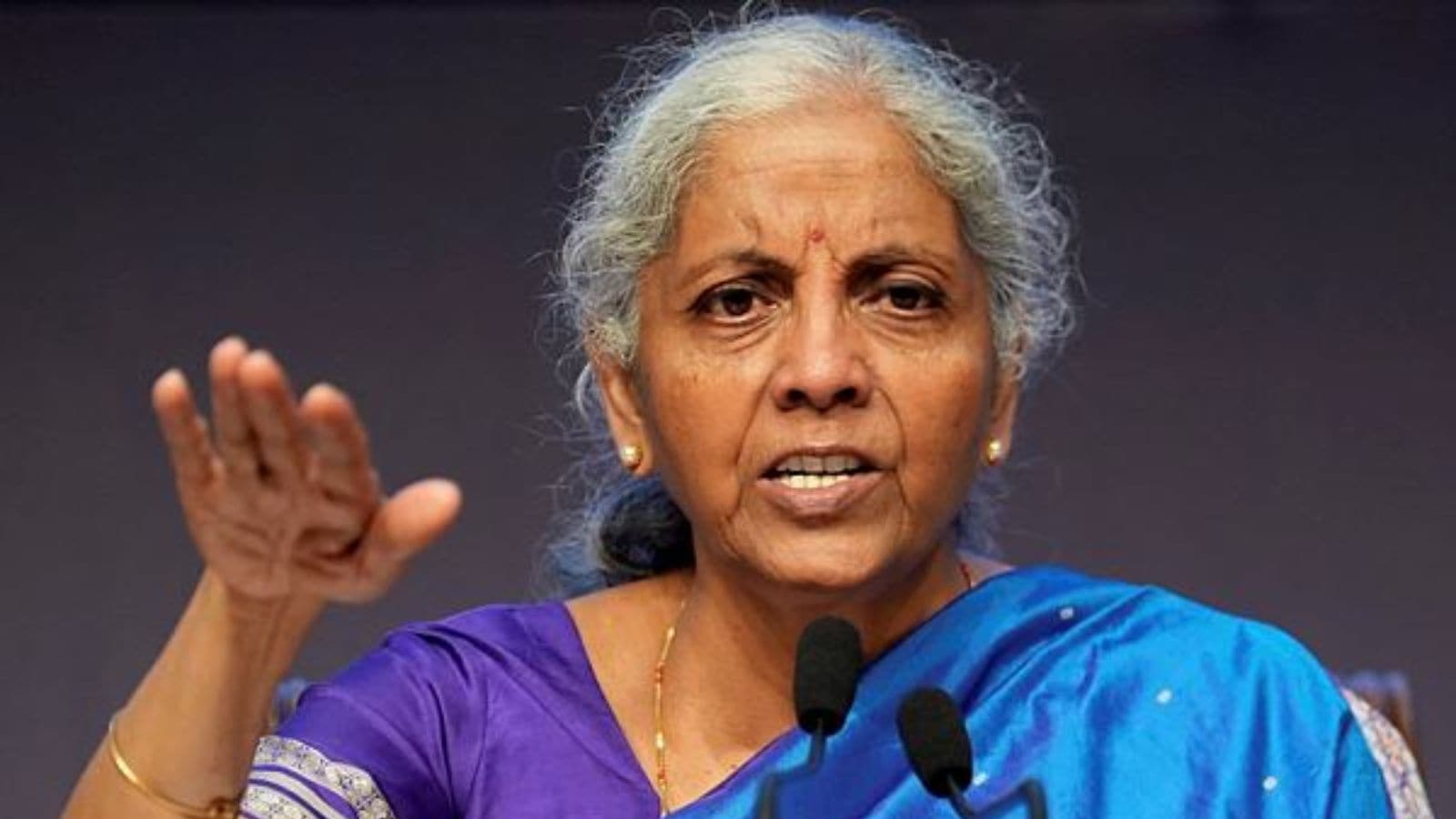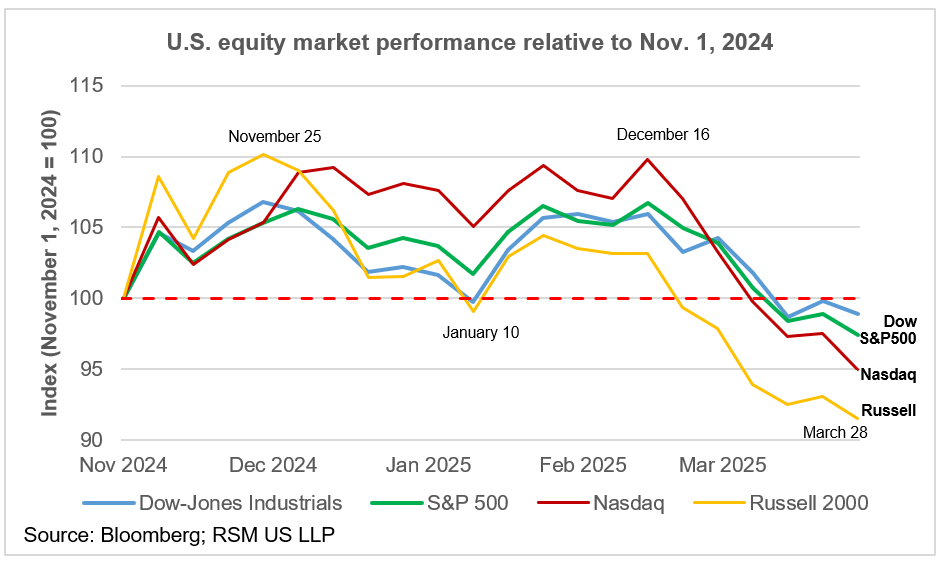Oil, Diplomacy, and Dollars: India Stands Firm on Russian Crude Amid US Tariff Tensions

India's energy landscape is dramatically shaped by its massive crude oil consumption, ranking as the world's third-largest consumer. The nation's remarkable dependency on international oil markets is evident, with an astounding 88 percent of its crude oil requirements being met through strategic imports. In a particularly savvy economic move, India has increasingly turned to Russian crude oil, which offers significant price advantages.
Over the past three years, this strategic sourcing has proven to be a financial masterstroke. By leveraging Russian crude's consistently discounted pricing, India has successfully conserved billions of dollars in foreign exchange. This approach not only supports the country's energy needs but also provides a smart economic buffer against volatile global oil prices.
The decision to embrace Russian crude reflects India's pragmatic approach to energy procurement, balancing national economic interests with global market dynamics. By securing oil at more competitive rates, India demonstrates its ability to navigate complex international trade environments while maintaining robust energy security.








